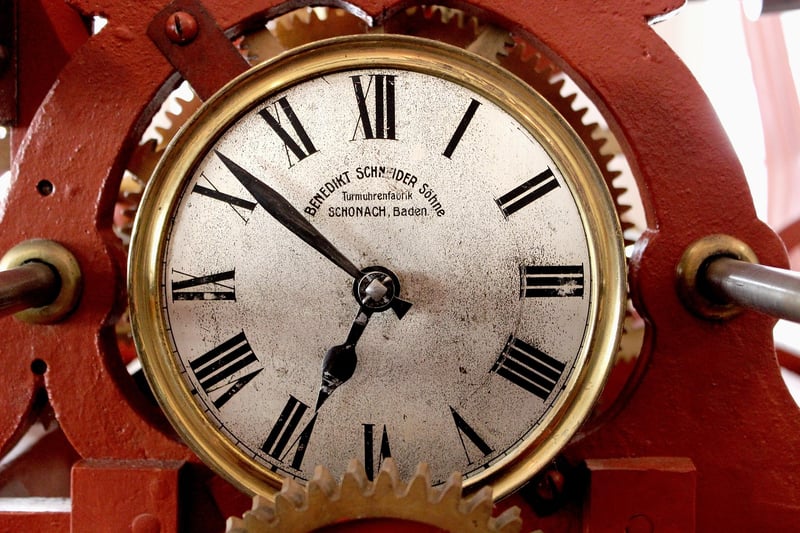Temporal Prime Directive
The Moral Implications of Time Travel and the Temporal Prime Directive

Time travel has long been a fascinating concept in science fiction, allowing for exploration of the past, present, and future. However, with this ability comes great responsibility and moral implications that must be considered.
Moral Implications of Time Travel:
1. Changing the Past: Altering events in the past can have unforeseen consequences on the present and future. Even seemingly small changes can have a ripple effect, leading to significant alterations in history.
2. Interference with Free Will: Intervening in past events can raise ethical questions about overriding the choices and autonomy of individuals who lived in that time period.
3. Creating Paradoxes: Time travel can create paradoxes where cause and effect become convoluted, potentially leading to logical inconsistencies.

The Temporal Prime Directive:
The Temporal Prime Directive is a guiding principle in many science fiction works, including the Star Trek universe. It outlines rules and regulations for time travel to minimize interference and protect the timeline.
Key Tenets of the Temporal Prime Directive:
- Non-Interference: Avoid altering events in the past that could have a significant impact on the timeline.
- Minimal Interaction: If interaction is necessary, minimize the influence on historical events and individuals.
- Preservation of History: Preserve the integrity of the timeline to ensure the continuity of events.
By following the Temporal Prime Directive, time travelers can navigate the complexities of temporal manipulation while upholding ethical standards and respecting the natural flow of history.
In conclusion, time travel presents a myriad of moral dilemmas and ethical considerations. Adhering to principles like the Temporal Prime Directive can help mitigate the risks associated with altering the past and ensure the preservation of the timeline.
